(Raspberry) Pioneers, Bright Ideas: opportunities for secondary students
The lovely people at the Raspberry Pi Foundation – the folks who spend the money made from selling all those zillions of credit-card sized computers – have launched their programme for 12-15 year-olds, Pioneers. The idea is: a group of friends gets together, they find a mentor (an adult who can help them along, and also sign things on their behalf), then they take part in a mass group challenge. There’s a fresh challenge every three months, and the first one’s just been announced; see the film above for details, but the basic idea is, “Use technology to make us laugh.”
There are prizes for the best japes, hence there’s a submission deadline of 22nd March 2017. The plan is also that the challenges produce starting points and examples for a huge range of projects, all using digital technology, so everyone can learn from everybody else. Or something like that.
Interested? There are more details at the Pioneers web page, along with links to register a team, information for mentors, suggestions for starting points, and so on.
We’ve been waiting keenly to see what the Pi Foundation ‘do’ at secondary to follow on from their Code Club offer for primary ages, and we look forward to seeing how Pioneers develops. We’re particularly looking forward to laughing at some of the creations from this first challenge.
Shell Bright Ideas Challenge
Meanwhile, if you’re after a more traditional sort of competition, Shell UK are again running their Bright Ideas Challenge. Unsurprisingly, their challenges are based around energy. Here’s the glossy introductory film:
There are a range of ‘what-if…?’ future technology challenges, along with resources for participants and teachers and further films to introduce each of the challenges, on the project website. Submissions are due by 21st April 2017.
Here at Think Physics orbiting world headquarters we have mixed feelings about competitions for secondary students. They certainly can be of value to students, but there are so many of them it’s hard to know which are worth investing time in. In this case, project resources look comprehensive and well-presented, so it should be straightforward to take a look and see if Bright Ideas seems a good fit for you and your students.
If your school took part in Bright Ideas last year, leave a comment below or drop us a line to let us know how it went, and whether you’d do it again.

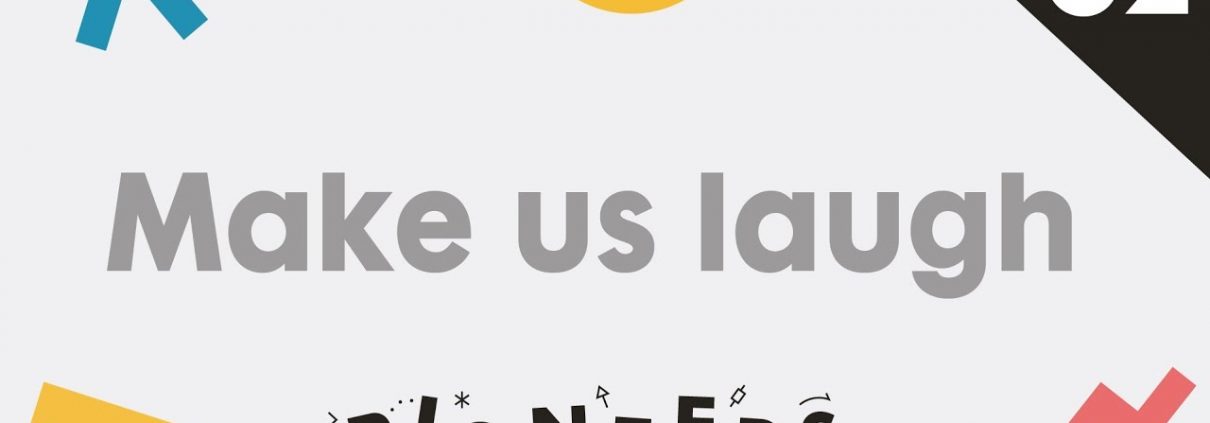
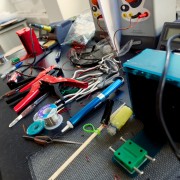
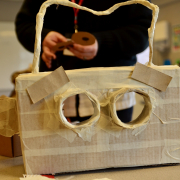
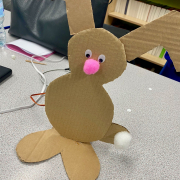
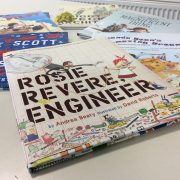
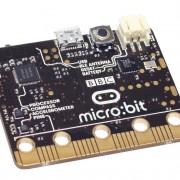
 Alpha Stock Images
Alpha Stock Images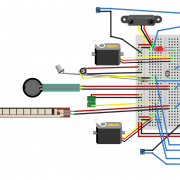
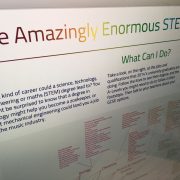



Leave a Reply
Want to join the discussion?Feel free to contribute!